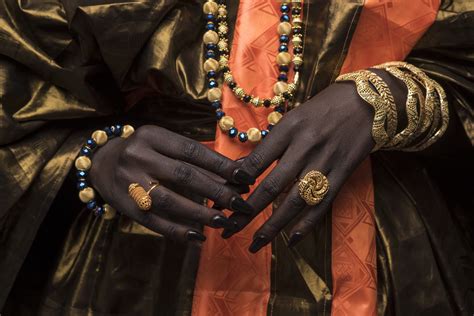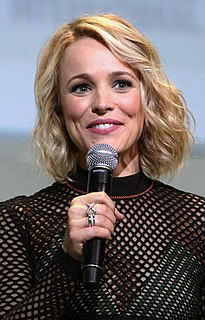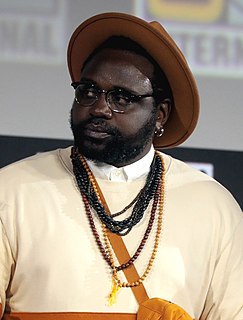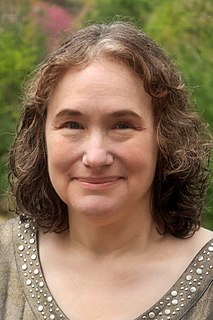A Quote by James Weldon Johnson
My mother was kept very busy with her sewing; sometimes she would have another woman helping her.
Related Quotes
No one expects a woman busy at her sewing to pay attention to what’s being said around her. Nevermind if a man’s mother and sister showerd them they heard everything while they stictched, he’ll still think a woman who plies her needles saves all her brains for the work. You’re a far better spy hemming sheets than if you clank with daggers.
She remembered that once, when she was a little girl, she had seen a pretty young woman with golden hair down to her knees in a long flowered dress, and had said to her, without thinking, "Are you a princess?" The girl had laughed very kindly at her and asked her what her name was. Blanche remembered going away from her, led by her mother's hand, thinking to herself that the girl really was a princess, but in disguise. And she had resolved that someday, she would dress as though she were a princess in disguise.
Sometimes we adopt certain beliefs when we're children and use them automatically when we become adults, without ever checking them out against reality. This brings to mind the story of the woman who always cut off the end of the turkey when she put it in the oven. Her daughter asked her why, and her mother responded, "I don't know. My mother always did it." Then she went and asked her mother, who said, "I don't know. My mother always did it." The she went and asked her grandmother, who said, "The oven wasn't big enough."
At a certain point the family moved to Jaipur, where no woman could avoid the doli or purdah. They kept her in the house from morning to night, either cooking or doing nothing. [My mother] hated doing nothing, she hated to cook. So she became pale and ill, and far from being concerned about her health, my grandfather said, 'Who's going to marry her now?' So my grandmother waited for my grandfather to go out, and then she dressed my mother as a man and let her go out riding with her brothers.
When my daughter went to school, her last name was mine. The school insisted that her father's name be added to hers, not her mother's. The fact that the mother kept her in her womb for nine months is forgotten. Women don't have an identity. She has her father's name today and will have her husband's tomorrow.
I talked to my mother about it a lot. I asked her what it was like to grow up in New York and Harlem in the 1920s and 1930s, and I asked her about a woman leaving her husband. I asked her about how she would feel about that woman, and my mother grew up in the Church Of God In Christ, and she told me that the woman might be isolated because the other women thought she might go and come after their husbands. That's how they thought then.
I mean, her father was an alcoholic, and her mother was the suffering wife of a man who she could never predict what he would do, where he would be, who he would be. And it's sort of interesting because Eleanor Roosevelt never writes about her mother's agony. She only writes about her father's agony. But her whole life is dedicated to making it better for people in the kind of need and pain and anguish that her mother was in.
A woman in the audience asked [Barack] Obama about her mother. Her mother was 101 years old and was in need of a certain kind of procedure. Her doctor didn't want to do it because of her age. However, another doctor did and told this woman there is a joy of life in this person. The woman asked President Obama how he would deal with this sort of thing, and Obama said we cannot consider the joy of life in this situation. He said I would advise her to take a pain killer. That is the essence of the President of the United States.
My father was retired military, and my mother was an educator. She was incredibly creative. I used to love going to her school during the summer and helping her decorate her classroom. I would draw Mickey Mouse, Donald Duck. She was a sixth grade teacher. She and my father are the ones that got me into my love of music.
Elizabeth’s hands flew to her mouth; tears filled her eyes with happiness as she realized he was fulfilling yet another of her and her mother’s intended activities. “Why are you fulfilling all of my mother’s dreams?” she asked, studying his face and searching for answers. “So you don’t run away like she did in search of them,” he replied, taking her hand. “Come on, join in!” he said, leaping around.
Sometimes she wished for someone she could tell about her problems, just to be able to say, ‘I’m in love with a man and I can’t have him.’ But that would only lead to questions she couldn’t answer, so she kept the secret and the pain inside, hoping someday she would no longer feel as if half of her were missing.







































